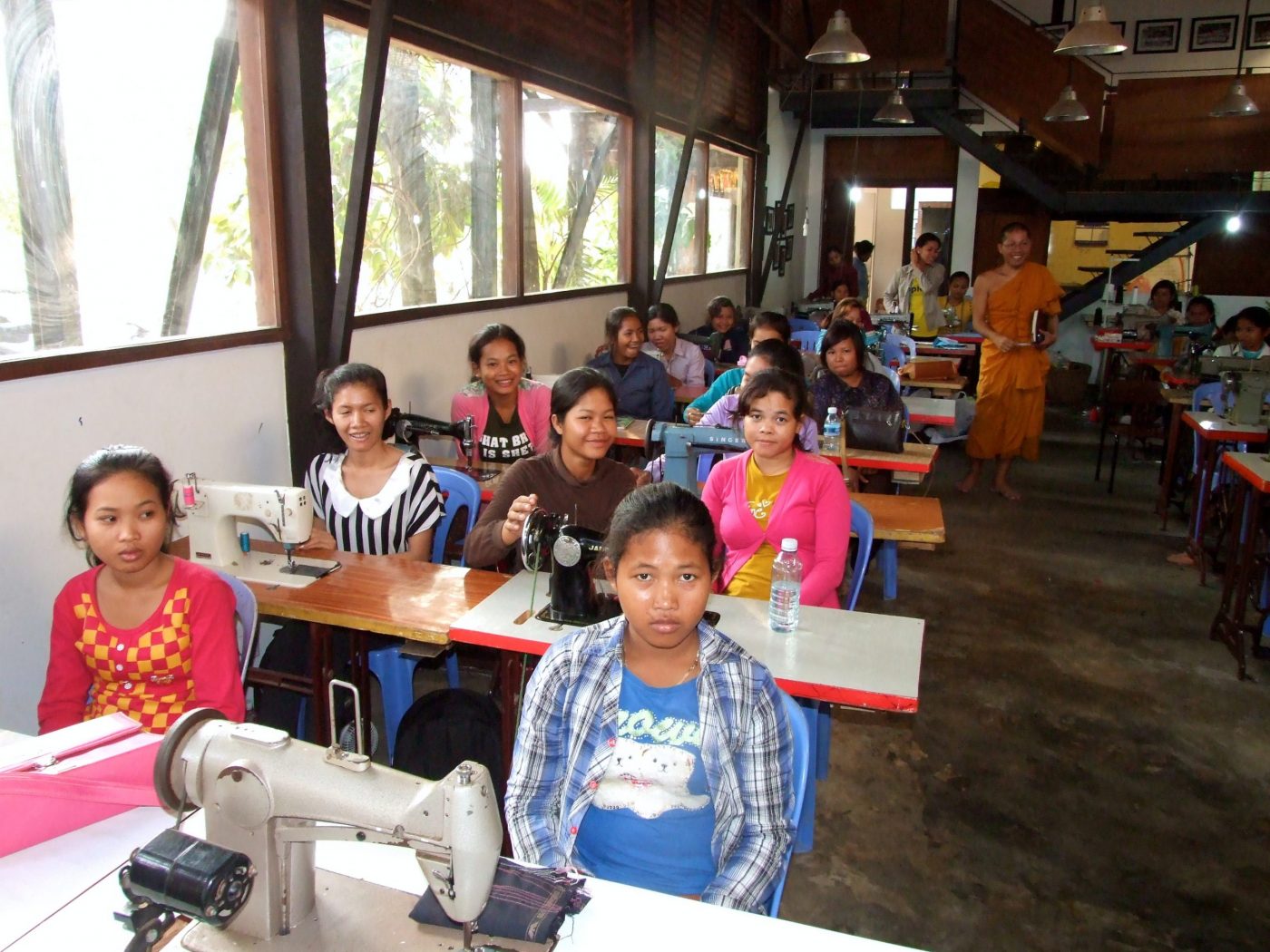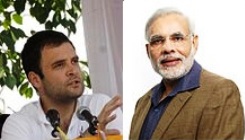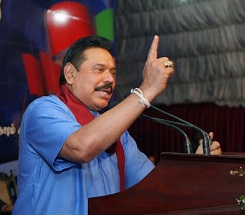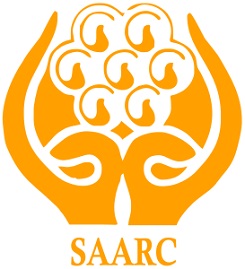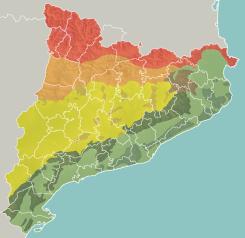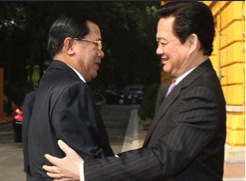By Satish Chandra* | IDN-InDepth NewsEssay
NEW DELHI (IDN) – In determining whether or not it is necessary to revisit India’s nuclear doctrine it would be relevant to examine how it evolved, its main features, the reasons behind the calls to revisit it and the factors, which militate against so doing.
India’s nuclear doctrine was first enunciated following a Cabinet Committee on Security (CCS) meeting in January 2003 – over four and a half years after the May 1998 tests. It contained few surprises being largely built around the pronouncements made by Atal Bihari Vajpayee following the tests to the effect that India’s nuclear weapons were meant only for self defence, that India was not interested in arms racing, and encapsulating concepts such as “no first use” of nuclear weapons and their “non use” against non nuclear weapon states.

